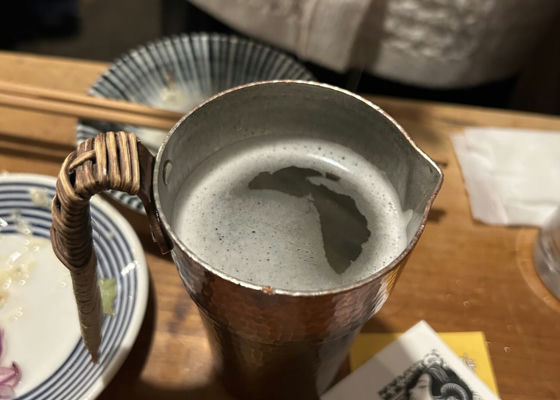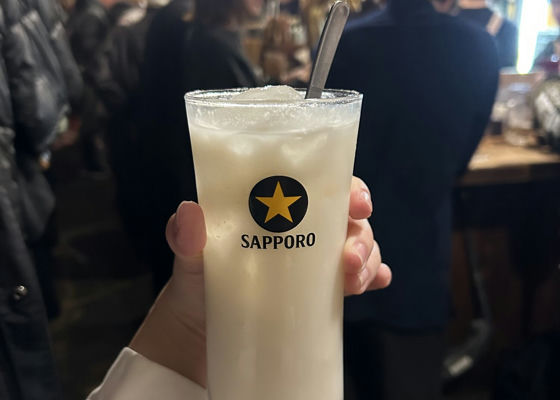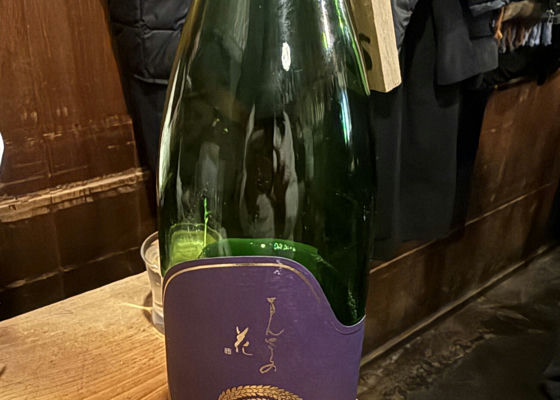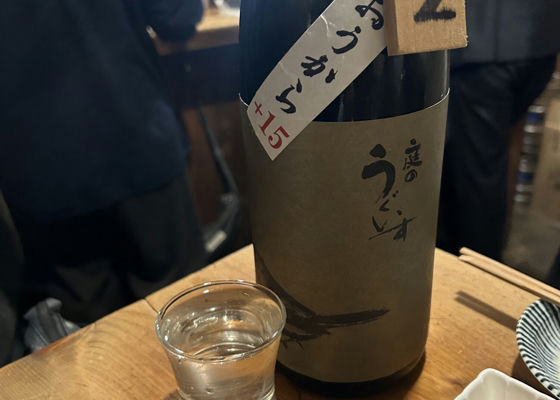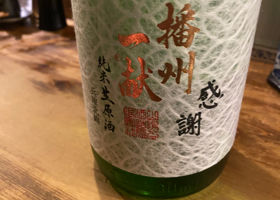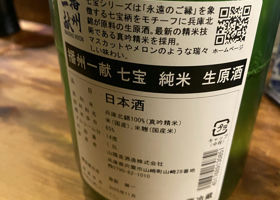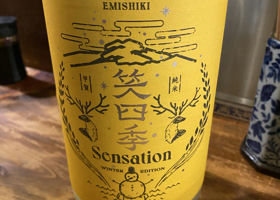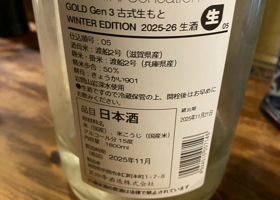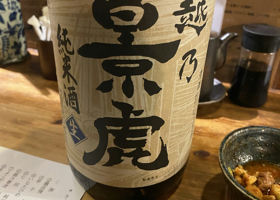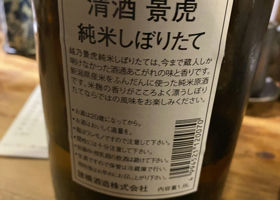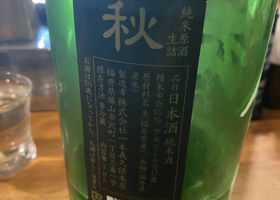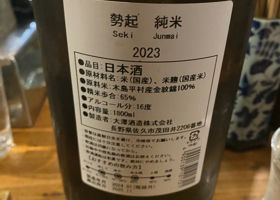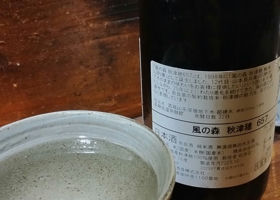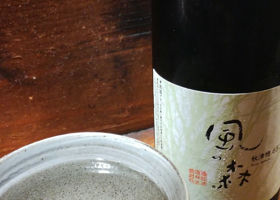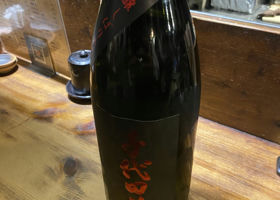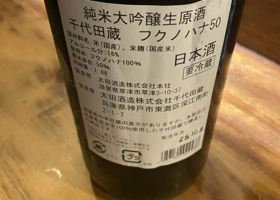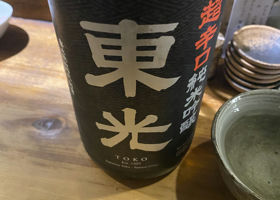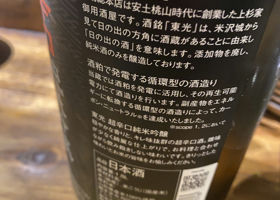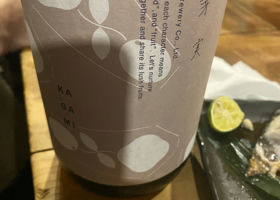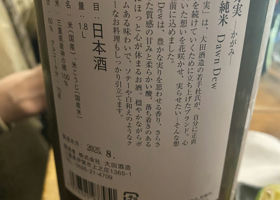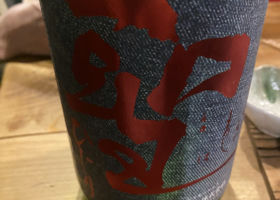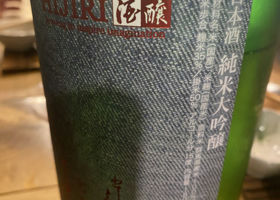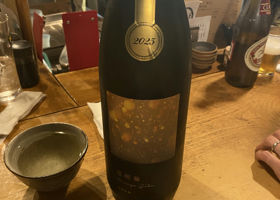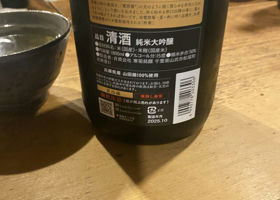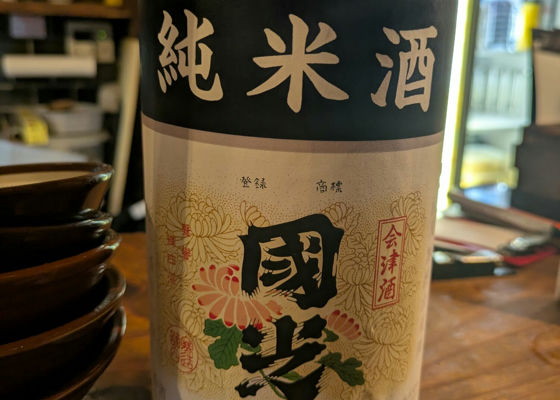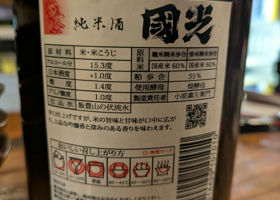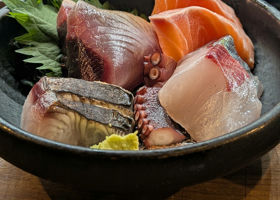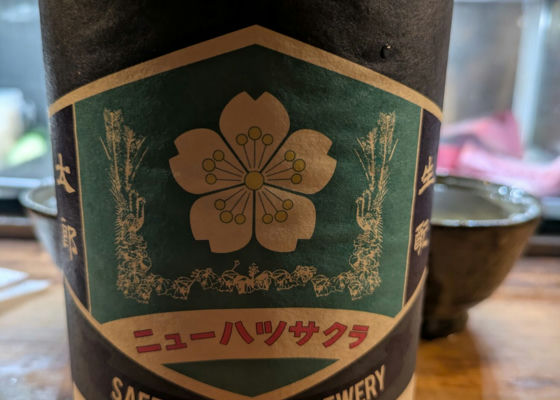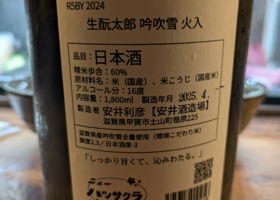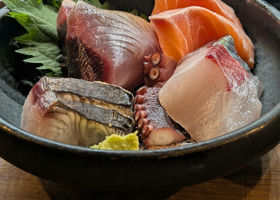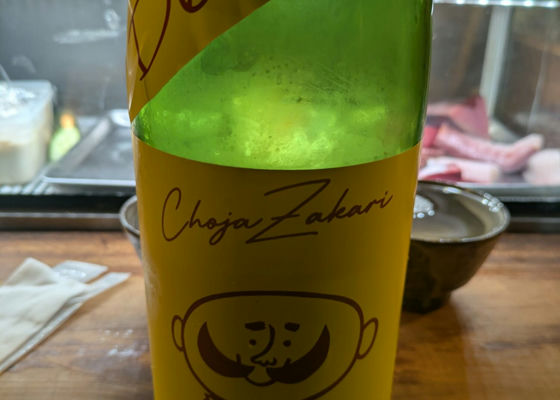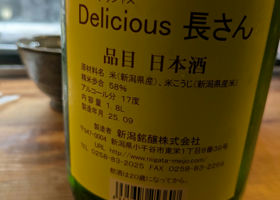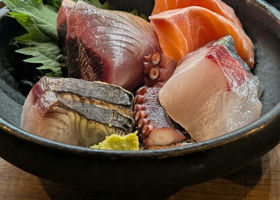Timeline
kirinDobutonic!
Shinomine with tonic water
Looks like makgeolli ちゃんみーI feel so good at the end of the workday: ‼️ kirinIt's very clear!
More austere design than I expected. KAWAIt has a melon-like flavor.
Banshu Isshu Ikkyo has a dry image, but it does not have a spicy feeling.
It is delicious. KAWAEasy to drink, light and refreshing KAWABanana-like flavor comes through to the nose, sour and sweet.
Delicious. KAWAVery refreshing and light.
It is easy to drink without feeling like alcohol. KAWASake rice is Kinmon-nishiki
Very smooth and light.
A little bitterness in the aftertaste, but nothing peculiar. KAWAPolishing ratio 30%.
Thick sweetness that lingers on the palate KAWAMellow and dry. Slight bitterness.
Fruity. KAWACrisp, pungent and tasty with no cloying taste.
This is delicious! KAWAMildly sweet and easy to drink. KAWAFruity sweetness followed by a slight sourness and bitterness on the palate. KAWAFruity acidity followed by bitterness
I wonder if it is a Daiginjo. たけさんOh, this is special.
It tastes yellow, but there is something different from the others.
It is sweet, with almost no ripe aroma, and has a umami taste that is different from the umami of rice in sake, with almost no spiciness or bitterness.
The taste is flat, without any beginning or end, and indescribable.
Hmmm, what is this?
It's like Shaoxing sake stretched out with a pasta roller.
I would not drink it the next time I encounter it. たけさんIt has a slight sense of aging, but not enough to be bothersome, and has a mild umami and a tangy spiciness.
It is not in the image of Shiga sake's umakuchi (flavorful) taste, but it is good in general.
It has a mild maturity with little character, so it is suitable for a wide range of dishes except sashimi.
It tastes better warmed than cold.
It's not what you would expect from Shiga sake, though. たけさんIt has a strong flavor, slightly sweet, slightly sour, and rather tangy and dry at the end.
It has a slightly bitter aftertaste, so it is not too much, but it has a rich taste.
It is a bit distinctive, but it is easy to match with food.
But why such a strange name? RecommendedContentsSectionView.title
